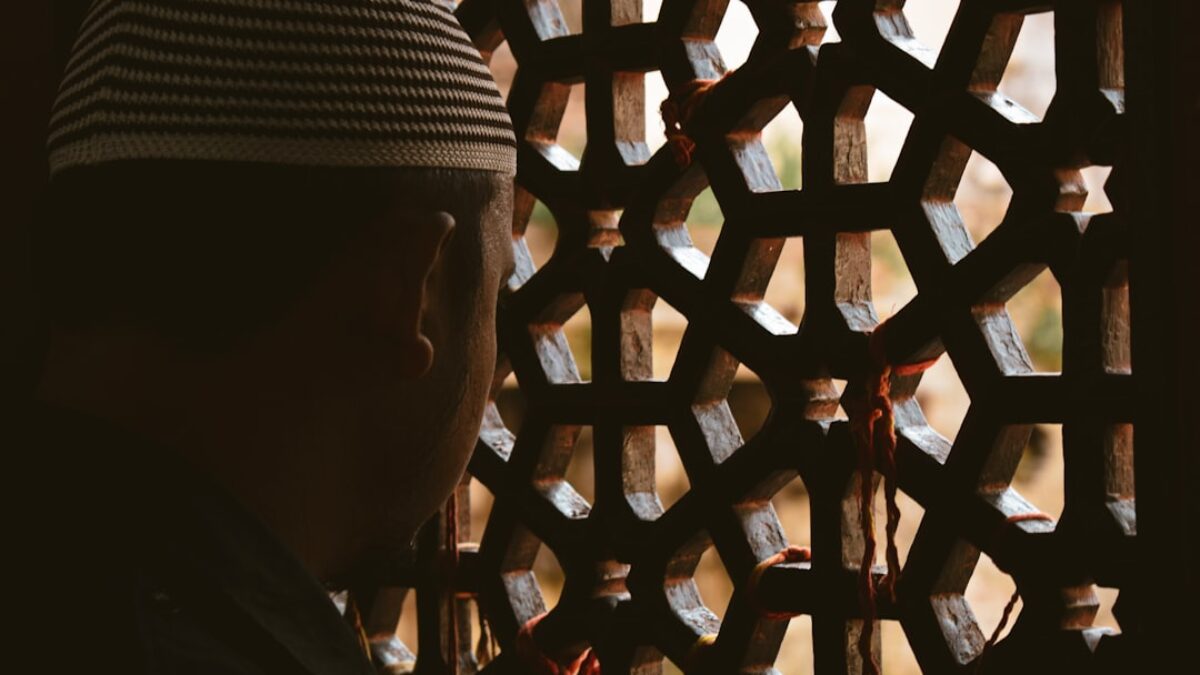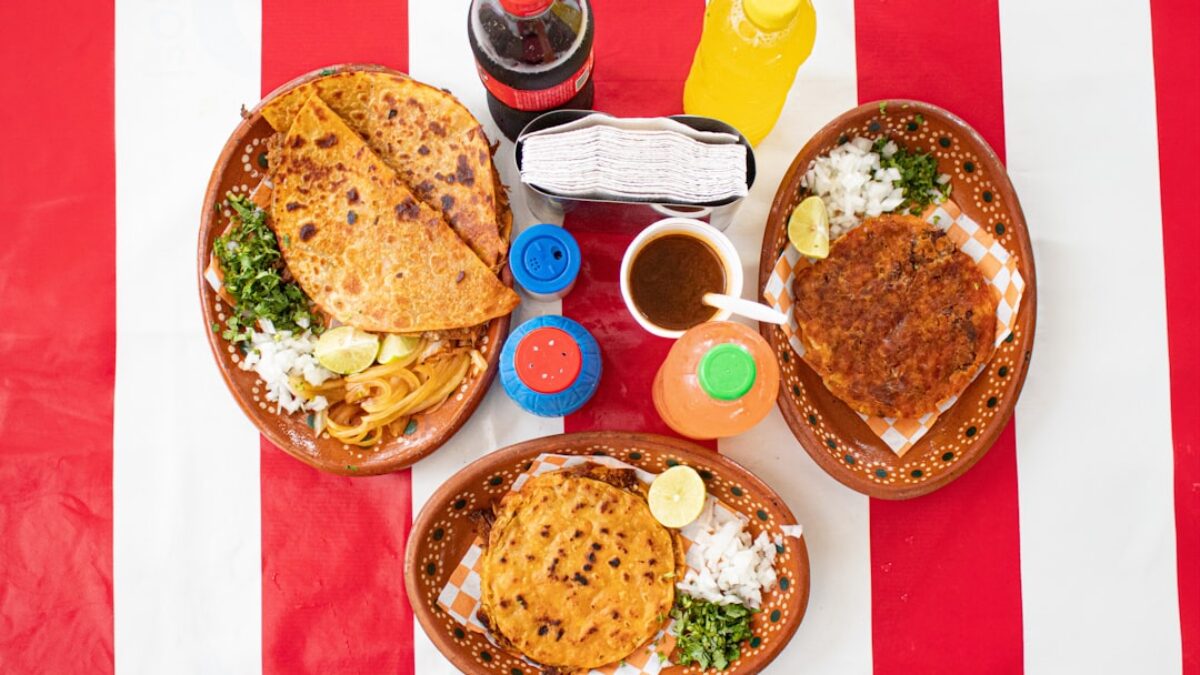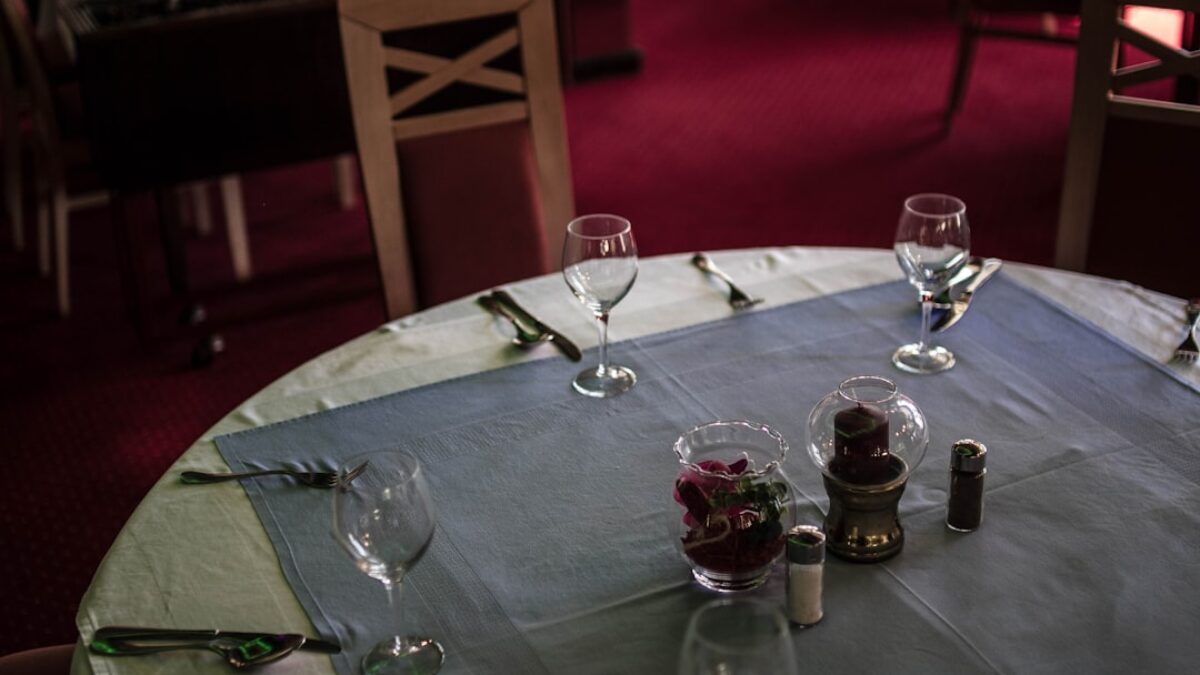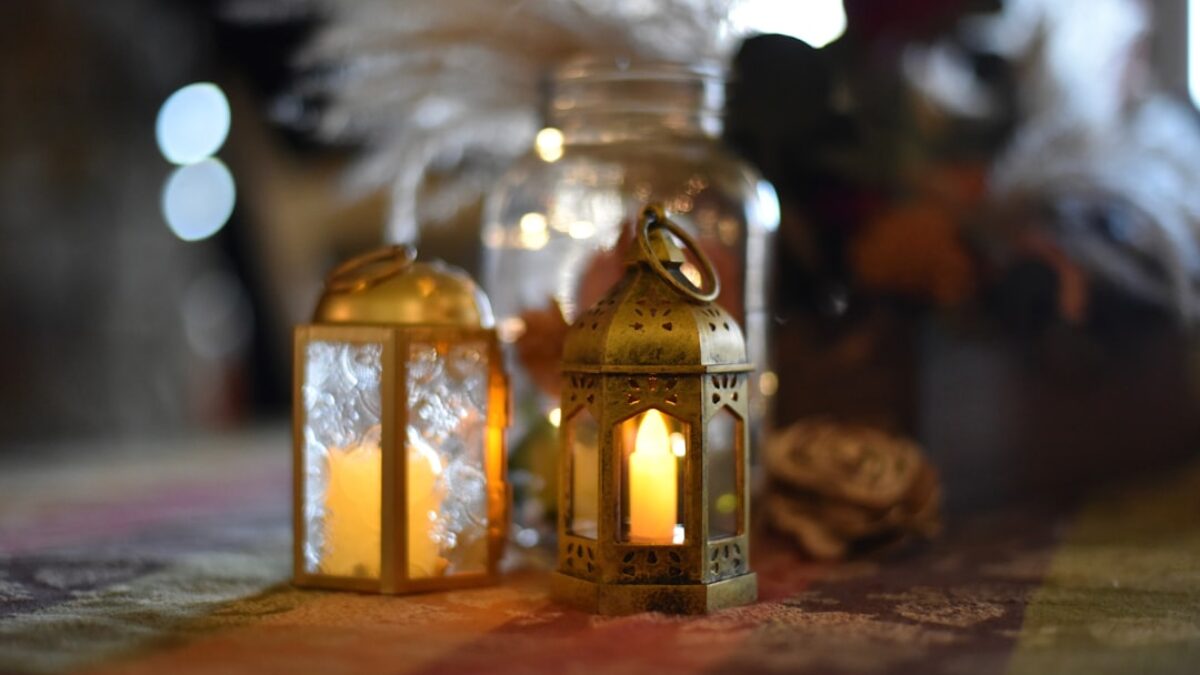Breaking the fast at sunset is one of the most spiritually charged moments of Ramadan. The seconds just before Iftar are filled with anticipation, gratitude, and a unique opportunity for personal dua (supplication). Across the globe, Muslims raise their hands, eager to capture the promise that “the dua of the fasting person is never rejected.” In this article you will discover the best Ramadan dua for Iftar, unpack its linguistic and spiritual depth, and learn how to weave it—and other powerful prayers—into your daily sunset ritual.
Understanding Ramadan Dua for Iftar
What Is a Dua for Iftar?
An Iftar dua is a short, heartfelt supplication recited at the moment of breaking the fast. While the Prophet ﷺ taught several authentic wordings, the most famous is:
“Dhahaba al-zama’ wa abtalat al-‘urooq wa thabata al-ajr in shaa’ Allaah.”
Translated: “The thirst has gone, the veins are moistened, and the reward is certain, if Allah wills.” This single line captures three powerful themes: relief (thirst is gone), renewal (veins are refreshed), and reward secured (ajr is guaranteed), all tied to the condition in shaa’ Allaah—a reminder that everything depends on Allah’s will.
Why the Sunset Moment Is Special for Supplication
Islamic tradition identifies three moments when dua is most likely to be answered:
- During the last third of the night
- Between the call to prayer (adhaan) and the iqamah
- At the time of breaking the fast
Because the fasting person has just completed an act of pure worship—with no worldly motive—their heart is exceptionally receptive. Tears come easier, gratitude feels deeper, and sincerity is at its peak.
Key Components of the Best Ramadan Dua for Iftar
Linguistic Beauty and Layers of Meaning
The classical Arabic of the Iftar dua is packed with nuance:
| Arabic Word | Root Meaning | Spiritual Insight |
|---|---|---|
| Dhahaba | To vanish / depart | Not just thirst, but every hardship can disappear by Allah’s leave. |
| Zama’ | Intense thirst | Symbolizes worldly cravings; Ramadan trains the soul to curb them. |
| ‘Urooq | Veins / arteries | Physical organs are refreshed, mirroring spiritual revitalization. |
| Thabata | Firmly established | The reward is locked in; no one can steal it. |
Authentic Wordings and Variations
Three main narrations appear in the Sunnah:
- Abu Dawud & Tirmidhi wording (quoted earlier)
- An-Nasa’i addition: “Allaahumma inni laka sumtu wa ‘ala rizqika aftartu” – “O Allah, for You I fasted, and on Your provision I break.”
- Ibn Majah variation: “Allaahumma inni as’aluka bi rahmatika al-lati wasi’at kulla shay’ an taghfira li” – “O Allah, I ask You by Your mercy that encompasses all things to forgive me.”
Most scholars recommend combining one physical dua (like #1) with a personal petition (like #3). This balances prophetic precedent with heartfelt individuality.
Benefits and Importance
Spiritual Rewards Amplified
The Prophet ﷺ said, “Whoever fasts Ramadan with faith and seeking reward, his previous sins are forgiven.” Reciting the dua at Iftar seals the fast, transforming an empty stomach into a mountain of hasanat (good deeds).
Psychological Reset
Neuroscience shows that ritualized gratitude lowers cortisol. Reciting the dua aloud—mindfully—immediately shifts the brain from a state of deprivation to abundance. This reframes the entire fasting experience: you leave the table not just full, but fulfilled.
Family and Community Cohesion
When the whole table pauses to recite together, children learn by immersion, grandparents feel included, and even non-Muslim guests sense the sacred atmosphere. Over 30 days, this nightly chorus becomes a bonding ritual stronger than any group chat or social media thread.
Practical Applications
Step-By-Step Guide to Reciting the Dua
- Pause before the first bite. Hold the date or glass of water in your hand.
- Face the qiblah if easy; otherwise, stay seated—humility matters more than geography.
- Raise your hands, palms up, fingers slightly apart, to echo the Prophet’s posture.
- Recite the chosen wording slowly, tasting each word like a spiritual appetizer.
- Add personal dua: parents, friends, the ummah, your own secret wish.
- End with “Ameen” in unison if in a group, then break with bismillah.
Creating a Personalized Iftar Dua Routine
Not everyone is fluent in Arabic, and that is okay. Below is a flexible template:
- Core prophetic wording (Arabic transliteration + translation)
- Three specific praises of Allah tied to the day’s events
- Three personal requests (health, guidance, rizq)
- Salawat on the Prophet ﷺ
- Duas for the global community (e.g., Gaza, Sudan, Uyghurs)
Example:
“Alhamdulillah who let me taste water after thirst. Ya Allah, just as You removed my physical thirst, remove my spiritual heedlessness. Forgive my mother, elevate my late father, and feed every child who slept hungry tonight. Ameen.”
Common Mistakes to Avoid
| Mistake | Why It Hurts | Quick Fix |
|---|---|---|
| Rushing the dua to eat sooner | Reduces mindfulness and reward | Place the date in your hand but keep your eyes closed until the dua ends. |
| Reciting silently when leading | Family members feel excluded | Use a moderate volume so at least the front row hears. |
| Only memorizing English | Misses linguistic barakah of Arabic | Learn 10 Arabic words a week via an app like Duolingo Arabic or Quranic. |
| Making dua generic every night | Breeds monotony | Keep a small dua journal; jot one new need daily. |
Teaching Children the Iftar Dua
Children love rhymes and repetition. Turn the dua into a family chant:
- Print the Arabic and transliteration on a laminated card shaped like a date.
- Clap softly after “Dhahaba al-zama’” so kids anticipate “wa abtalat al-‘urooq”.
- Reward the youngest reciter with the honor of distributing dates to everyone.
By day 10, even toddlers will mimic the sounds, embedding Arabic phonetics in their memory before they ever enter a classroom.
Frequently Asked Questions
What is the exact Arabic text of the recommended Iftar dua?
The most widely accepted wording is:
ذَهَبَ الظَّمَأُ وَابْتَلَّتْ الْعُرُوقُ وَثَبَتَ الْأَجْرُ إِنْ شَاءَ اللَّهُ
Transliteration: Dhahaba al-zama’ wa abtalat al-‘urooq wa thabata al-ajr in shaa’ Allaah. It is found in Sunan Abi Dawud (2357) and Jami’ at-Tirmidhi (3458).
Is it sunnah to recite dua before or after breaking the fast?
Scholars differ slightly. The majority (Hanafi, Shafi’i, Hanbali) hold that the dua is recited before the first bite because the moment of breaking is when the dua is most accepted. A minority (some Maliki opinions) permit it immediately after, arguing the hadith mentions “when he breaks,” which could grammatically include the seconds following. Either way, the key is mindfulness and speed—excessive delay could lead to makruh (disliked) prolongation.
Can I make dua in my native language instead of Arabic?
Yes. While the prophetic wording is highly meritorious, voluntary dua may be made in any language because Allah understands all tongues. If you can memorize the Arabic, keep it for the core ritual and add personal supplications in your language. The reward is determined by sincerity, not linguistics.
What if I forget to say the dua before eating?
If you realize while chewing, pause, recite the dua (even if silently), and continue. It is recommended but not obligatory, so there is no sin. Consider it a gentle reminder from Allah to improve presence of heart next time.
Are there other duas specifically for the month of Ramadan as a whole?
Absolutely. A famous dua to recite when you sight the new moon is:
اللَّهُمَّ أَهْلِلْهُ عَلَيْنَا بِالْيُمْنِ وَالْإِيمَانِ وَالسَّلَامَةِ وَالْإِسْلَامِ
Allahumma ahillahu ‘alayna bil-yumni wal-eemaan, was-salaamati wal-islaam. (“O Allah, make this moon rise over us with good, faith, safety, and Islam.”) Combining this broad Ramadan dua with the focused Iftar dua creates a layered spiritual practice.
How does the Iftar dua differ from the one before eating a regular meal?
The pre-meal dua (“Bismillah…”) is universal and short. The Iftar dua is occasion-specific, tied to the act of ending a fast. It includes expressions of relief and confirmation of reward, elements absent in daily meals. Think of it as a graduation speech compared to a daily greeting.
Can women recite the dua loudly in front of non-mahram guests?
Yes, provided the environment is modest and the voice does not carry unnecessary softness or adornment. The dua itself is worship, and classical scholars like Imam Nawawi explicitly allow dhikr and dua audibly as long as the rules of modesty are observed. Many households have mothers lead the dua with mixed audiences without issue.
Conclusion
The best Ramadan dua for I
























Post Comment